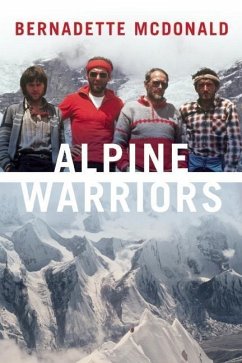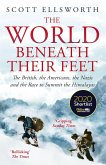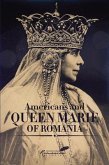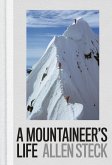Although Yugoslavia managed to avoid becoming involved in WWII until 1941, German armies invaded in April of that year and the Yugoslavian defense collapsed in less than two weeks. The state of Slovenia was split up amongst Germany, Hungary and Italy. Partisan groups, under the leadership of Josip Tito, managed to liberate the state by 1945, and then began a period of relative calm, under the benevolent rule of Tito. A Communist, he began to distance himself from the Soviet Union, looking to western economic models as Yugoslavia struggled to rebuild. During the thirty years following the war, a Yugoslavian passport was one of the best in the world, and Yugoslavians could travel freely during this time, if they had the money. Most did not. But alpinists did. Through centralized government programs that established elaborate training régimes and state-supported expeditions abroad, Yugoslavian alpinists began making impressive climbs in the Himalaya as early as 1960. By the early 70’s, they had advanced to the 8000ers. Although not exclusively Slovenian, the teams were – not surprisingly – dominated by Slovenian climbers, since Slovenia is blessed with the Julian Alps. A fiercely steep range of limestone peaks, the Julian Alps provided the ideal training ground for Slovenian climbers, in both summer and winter. The brooding north faces and razor-sharp ridges taught them the skills they would need on the highest mountains on earth – the Himalaya. But when Tito died in 1980, the calm period ended. Inter-ethnic conflict and economic decline ripped the country apart. Serbian Communist leader, Slobodan Miloševic, led the charge with, what appeared to be an unstoppable strategy of aggression and oppression. But he misread the strength and character of several Yugoslavian states, including that most northerly one – Slovenia. By the summer of 1991, Slovenia was an independent country. Slovenia continued the tradition of support for climbers, and success breeds success. By 1995, all of the 8000ers had been climbed by Slovenian teams. And in the next ten years, some of the most dramatic and futuristic climbs were made by Slovenian climbers. Apart from a few superstars, most of these amazing athletes remain unknown in the West. What prompted this Himalayan performance by a tiny nation of just two million people? Life in Slovenia during this period was defined by shortages, preoccupation with ethnic conflict and poor living conditions. Yet, like had previously happened in Poland, its neighbor to the North, Slovenian climbers seemed to thrive and excel in these trying conditions, setting standards that no other country could replicate. Hard Climb to Freedom explores the explosion of Slovenian alpinism within the context of its turbulent political history.
Hinweis: Dieser Artikel kann nur an eine deutsche Lieferadresse ausgeliefert werden.
Hinweis: Dieser Artikel kann nur an eine deutsche Lieferadresse ausgeliefert werden.








